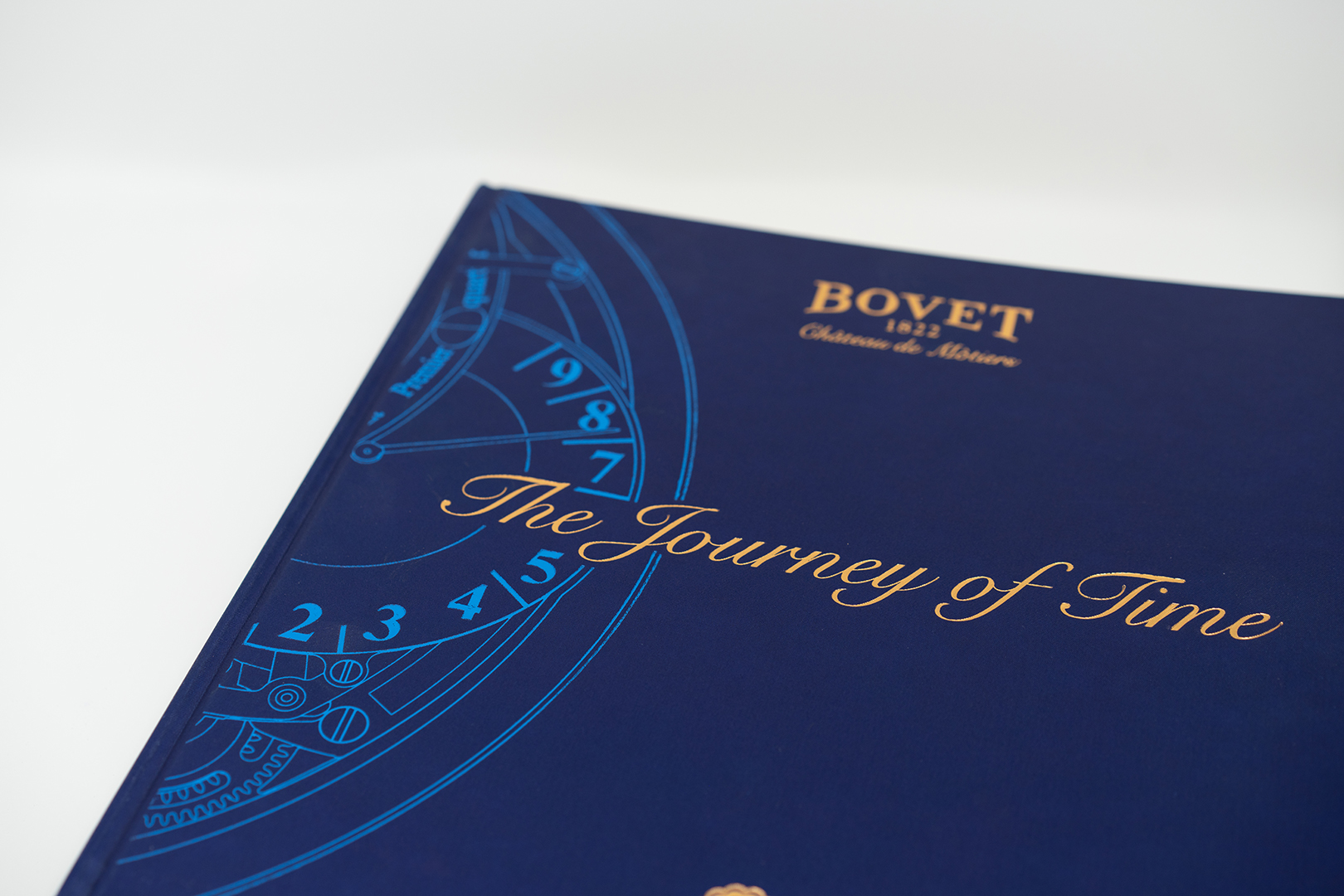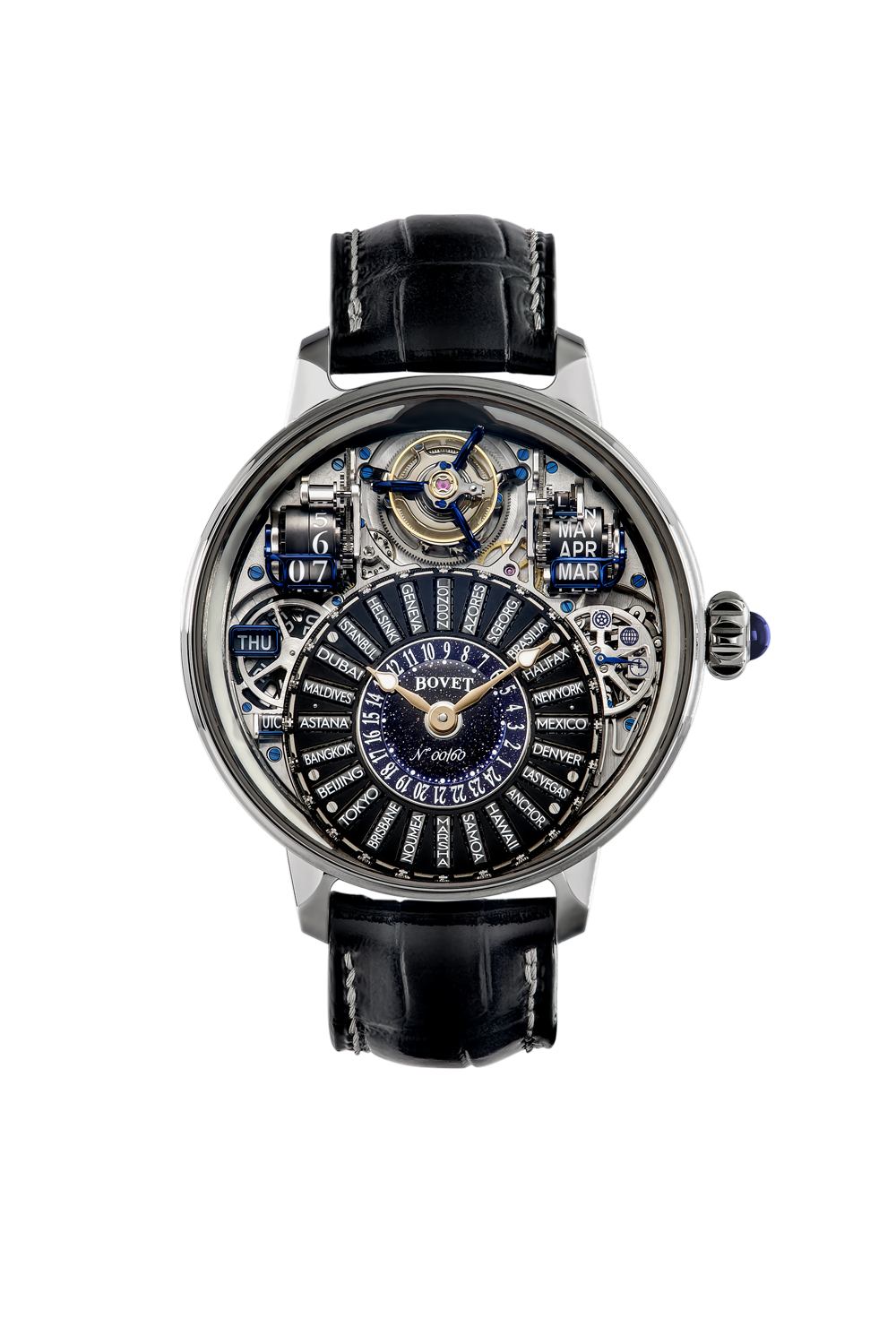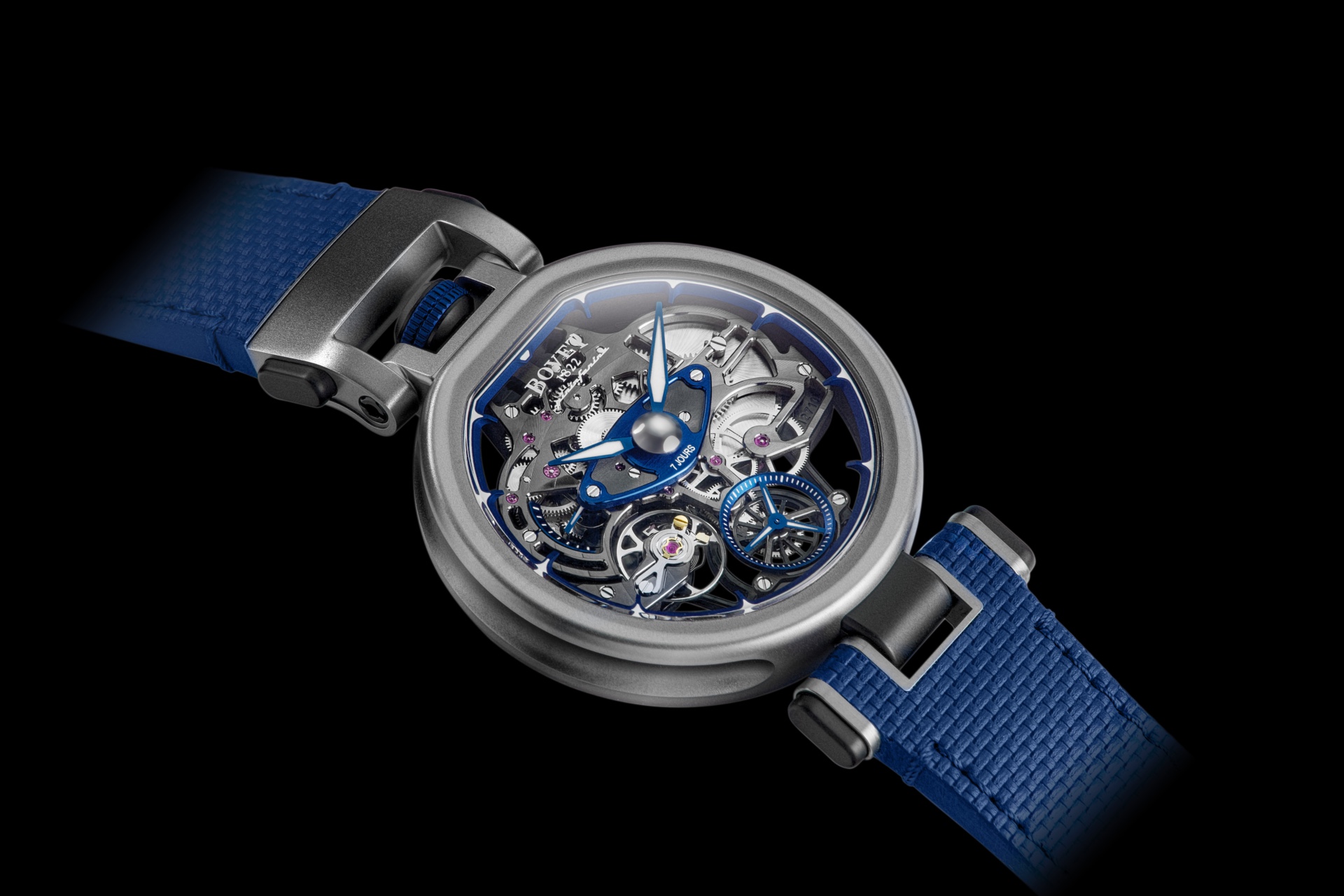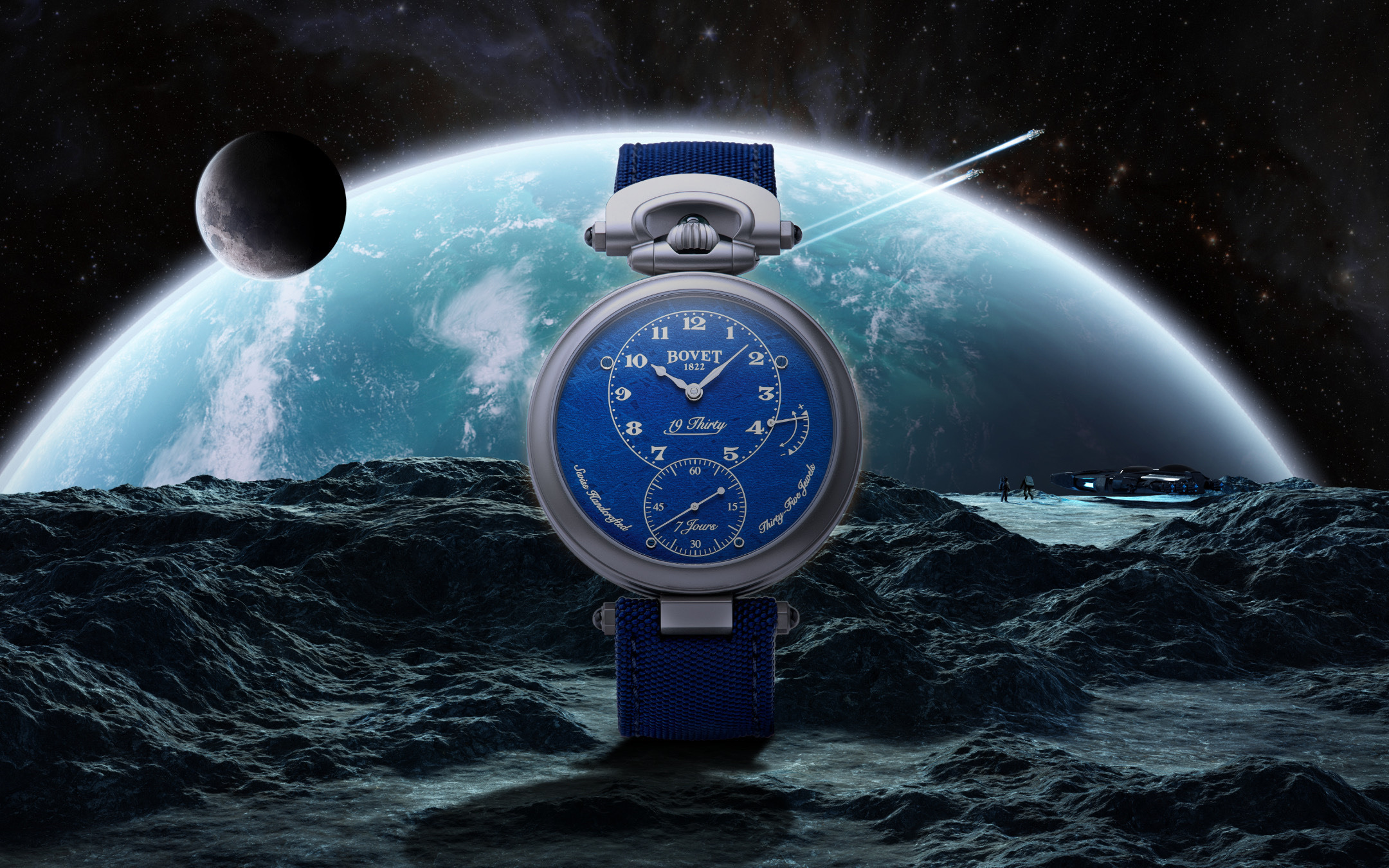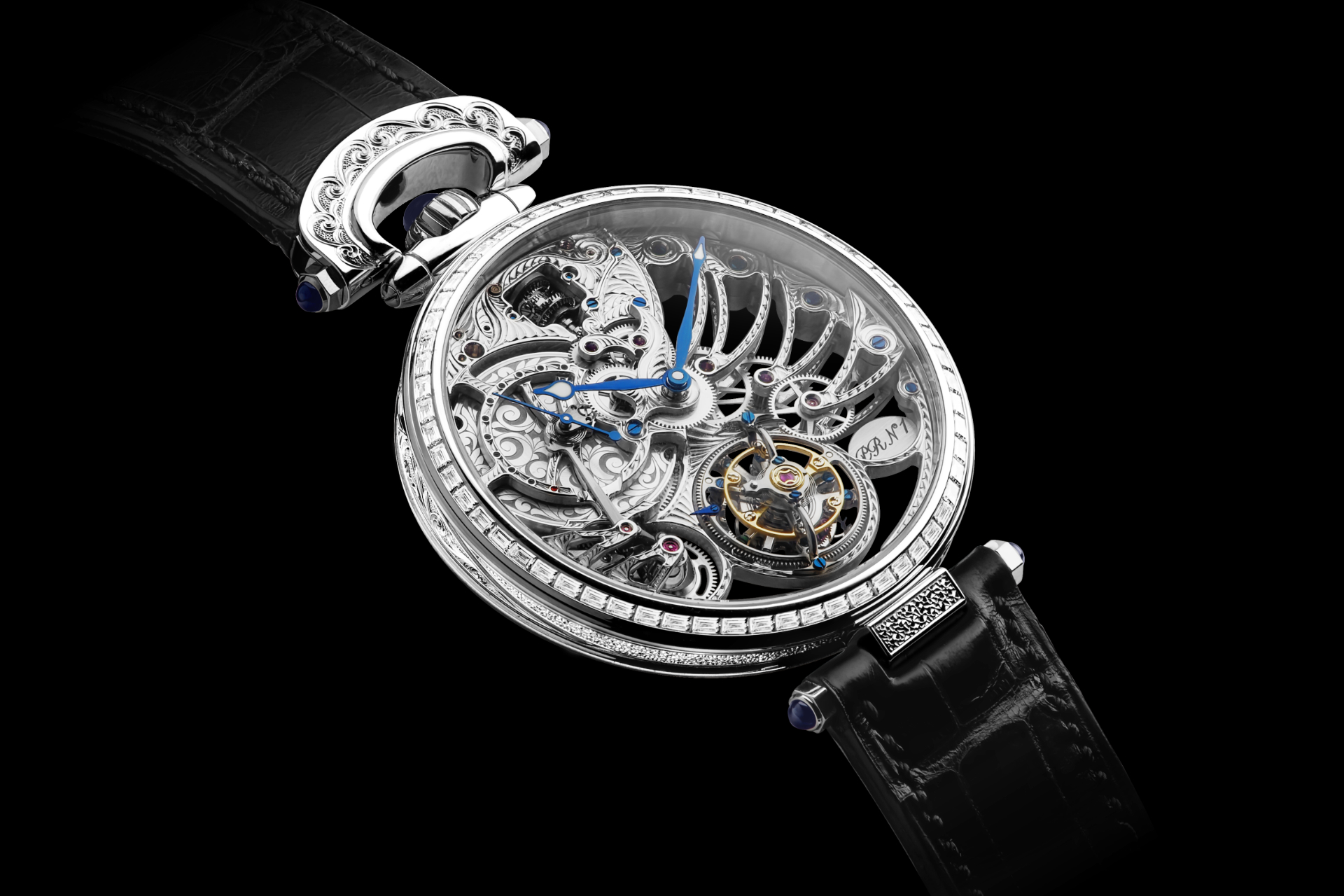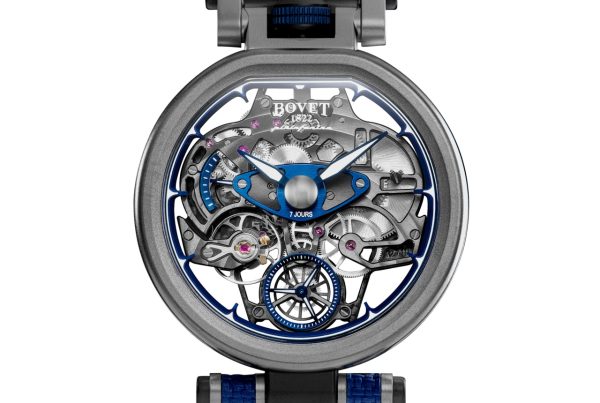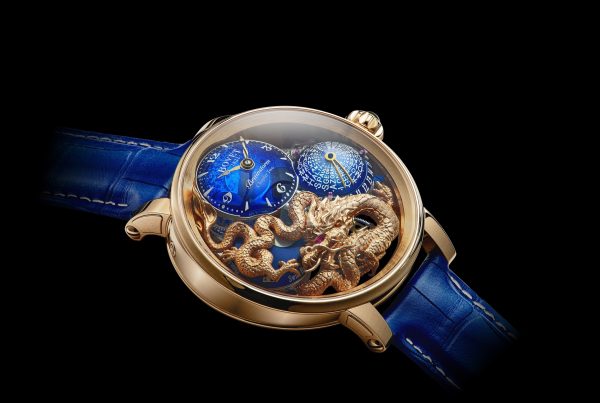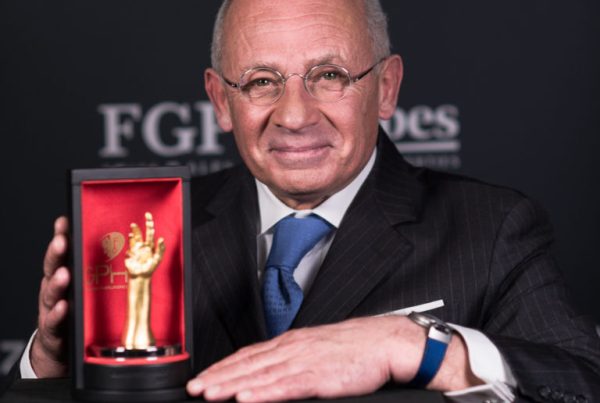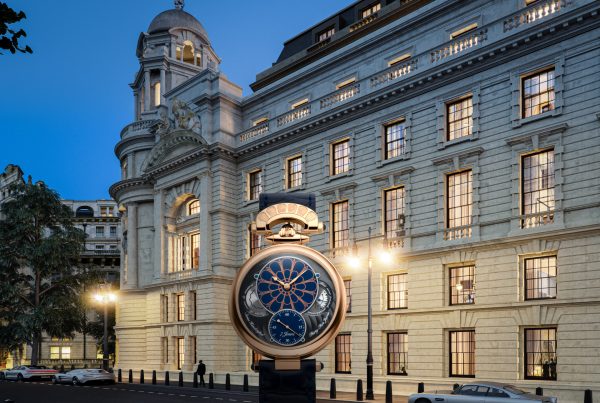Open to the public 13th to 14th April
Join The House of BOVET in Geneva at our beautiful Villa du Lac situated on the grounds of the La Réserve Genève Hotel for our Grand Exhibition. Be among the first in the world to discover our 2024 novelties, including the recently launched Récital 28 Prowess 1.
A special gift for our dear collectors
Our book The Journey Of Time celebrates the heritage, craftsmanship, and artistry that define BOVET, and as our gift to you, it celebrates the essence of timekeeping and your cherished moments of life with BOVET timepieces. In gratitude to our devoted BOVET Collectors around the world, we are delighted to offer you this extraordinary book as a complimentary gesture.
Experience the Luxury of Time
Récital 28 Prowess 1
The APERTO 1
19Thirty Meteorite
Virtuoso XI
Introducing the Orbis Mundi
At The Heart Of Passions To Share
Join The House of BOVET in Geneva at our beautiful Villa du Lac situated on the grounds of the La Réserve Genève Hotel for our Grand Exhibition. Be among the first in the world to discover our 2024 novelties, including the recently launched Récital 28 Prowess 1.
A special gift for our dear collectors
Our book The Journey Of Time celebrates the heritage, craftsmanship, and artistry that define BOVET, and as our gift to you, it celebrates the essence of timekeeping and your cherished moments of life with BOVET timepieces. In gratitude to our devoted BOVET Collectors around the world, we are delighted to offer you this extraordinary book as a complimentary gesture.




